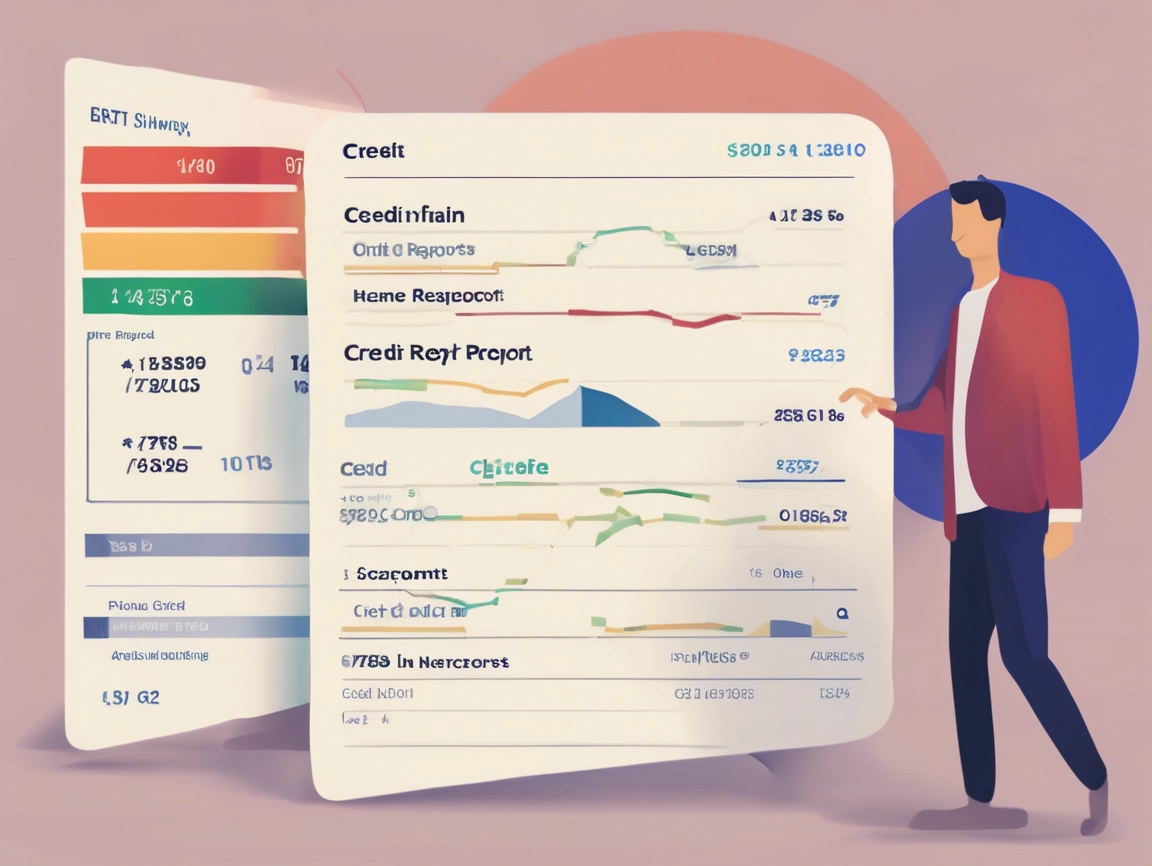
Your credit can feel like a mystery, but understanding it is key to financial success. At the heart of it all are credit bureaus—organizations that play a big role in how your financial health is viewed. If you’re new to all this, don’t worry. We’re here to guide you through the essentials of credit bureaus, what they do, and how to make their systems work for, not against, you.
What Are Credit Bureaus, and Why Should You Care?
Credit bureaus are companies that collect and maintain information about your financial behavior. They create credit reports and generate credit scores, which banks, lenders, landlords, and sometimes employers use to decide whether to trust you financially.
How does this impact you? Your credit report can affect whether you get a loan, qualify for a mortgage, or even secure a job. It’s essentially your financial report card.
The Big Three Credit Bureaus
There are dozens of credit bureaus out there, but Experian, Equifax, and TransUnion are the most well-known in the U.S. Here’s a closer look at these three and their functions.
Experian
Experian collects data to help lenders make informed decisions. They also provide credit monitoring services and tools to help you understand your credit. They’re known for their user-friendly approach and educational resources.
Equifax
Equifax is widely used for lending decisions and offers a suite of fraud prevention tools. It gained notoriety after a massive data breach in 2017, but it’s stepped up its security since then.
TransUnion
TransUnion focuses on delivering credit information and fraud protection services. They also allow consumers to lock their credit file, which is a helpful feature for those concerned about unauthorized activity.
How to Keep Tabs on Your Credit

Staying informed about your credit is the first step to making smarter financial decisions. Here’s how you can do it effectively.
1. Get Your Free Credit Reports
You’re entitled to a free credit report from each of the three major bureaus once a year through AnnualCreditReport.com. During pandemic-related measures, you can even access reports weekly for free.
2. Watch for Errors
Mistakes in your report can drag your credit score down unfairly. Look out for incorrect account details, outdated information, or hard inquiries you didn’t authorize.
3. Dispute Any Errors
If you find an error in your report, act quickly. Dispute the mistake online or via mail with the respective bureau, providing documentation to support your claim.
4. Monitor Regularly
Credit monitoring tools can send you alerts about any sudden changes. Some services are free, while others offer advanced features for a fee.
Tips for Maintaining a Healthy Credit Score
Your score is more than a number—it’s your ticket to better financial opportunities. Here’s how to nurture it.
- Pay Bills on Time:Â A late payment can seriously hurt your score. Set reminders or automate payments to keep things on track.
- Keep Credit Utilization Low: Using less than 30% of your available credit shows lenders you’re responsible.
- Avoid Unnecessary Hard Inquiries:Â Too many credit checks in a short period can lower your score. Apply for credit sparingly.
- Keep Accounts Open:Â Closing old credit cards can hurt your credit history length, which makes up a portion of your score.
Take Control of Your Credit Health
Navigating the world of credit bureaus doesn’t have to be overwhelming. By understanding their role, monitoring your credit report, and making informed decisions, you can ensure your financial future is bright.
Now that you know the basics, it’s time to act. Pull your free credit reports, review them for accuracy, and keep building good habits. Start now—the more proactive you are, the better off you’ll be!














